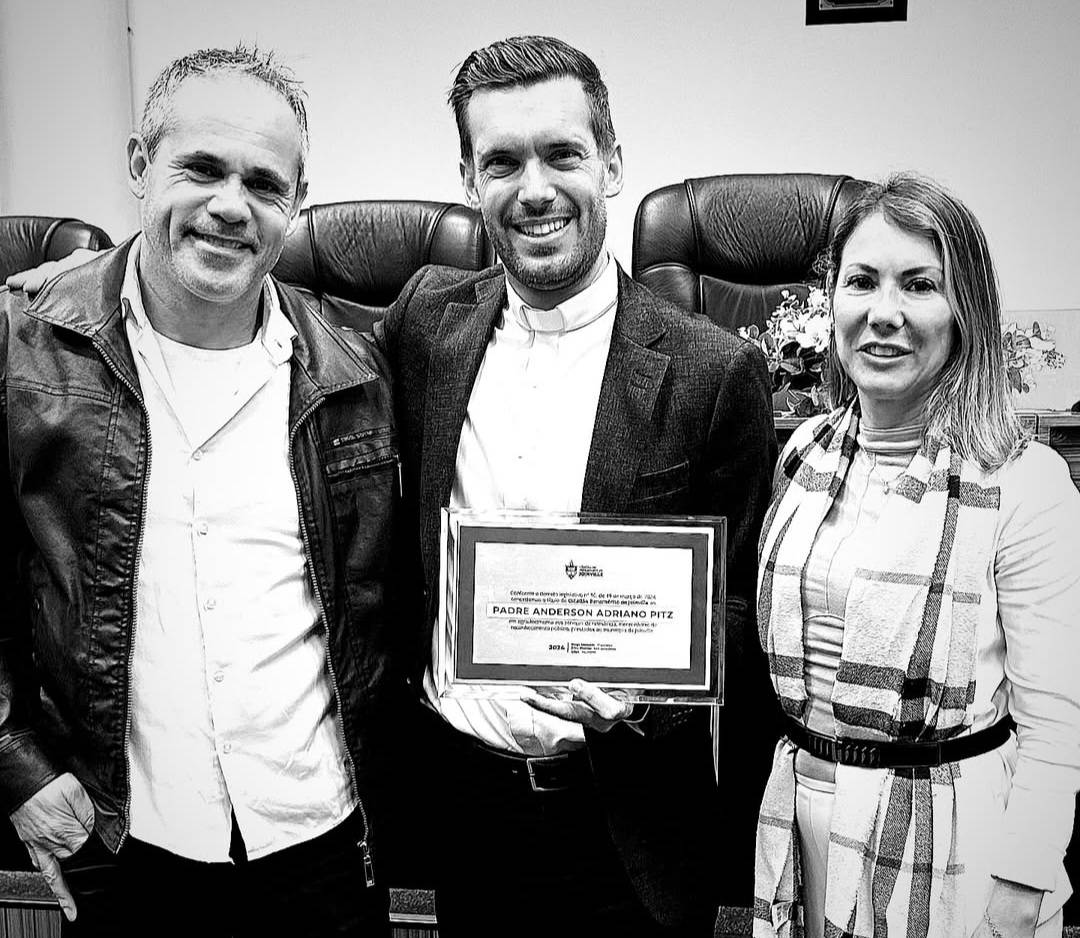ROSARIO, Argentina — On Sunday, Uruguay will hold a pre-referendum to determine if the people are interested in a vote to modify the Integral Law for Trans People, approved last year.
The Aug. 4 vote will be a “yes” or “no” vote on whether the country should have a referendum – 25 percent of the electorate would have to say “yes” for the referendum to go forward.
Participating in the non-mandatory and non-binding vote is dividing the Catholic hierarchy.
The so-called “Trans law” was passed in October 2018. It recognizes the “health rights” of transsexuals, including hormonal treatment and sex re-assignment surgery, as well as the right to housing, employment and a reparation for institutional violence against transgender people born before 1975.
Within the Catholic hierarchy, all the bishops who have commented on the law underlined the suffering of transsexual people and the discrimination they’ve suffered, but they also warn about the “gender ideology” that’s present in the legislation.
A chief concern is the creation of a legal framework for minors to carry out sex change hormonal therapy, even without parental consent, although reassignment surgery must still be authorized by at least one adult guardian.
Cardinal Daniel Sturla of Montevideo said in a letter released last week that he won’t vote in the pre-referendum because there needs to be another way to “change the articles of the law that represent an ideological position of the state and, at the same time, attend to and repair the situations of discrimination transsexuals have suffered.”
Sturla also said that it’s up for individual Catholics to decide what they think is best with “maturity and freedom.”
“I’m against several of the articles of the law because they’re based on gender ideology and they establish a disassociation between gender and sex that is incompatible with common sense and Christian anthropology,” he wrote.
However, the cardinal acknowledged that the law protects a “small group of people who have been discriminated against. They deserve, due to this situation, to be particularly taken into account.”
But Sturla’s position is not that of every bishop in Uruguay.
Bishop Jaime Fuentes of Minas said that he will vote on Sunday because he disagrees with the “anthropological grounds” that the law proposes in terms of gender identity.
“I have nothing against trans people,” he said, noting that he will vote because he disagrees with the law’s explanation of “what is the human being, what sexuality is.”
On Twitter, Fuentes said that trans people “deserve all the respect because they are people. But meditate: Art. 6 says that every person will be able to request the amendment of the registry of their name, sex or both, when these don’t coincide with their gender identity.”
Bishop Alberto Sanguinetti of Canelones also said that he’s planning on voting in the pre-referendum to change the law of trans people. He also said that the law imposes gender ideology and doesn’t solve the issues it claims to want to address.
“The suffering of trans people is terrible, and they have a high suicide rate, but I don’t believe it’s fixed because they have a surgery,” he said. “This isn’t solved with a law, but case by case.”
Bishop Arturo Fajardo of San Jose, on the other hand, is not sure if he’s going to vote on Sunday or not. “I’m going to read the text again, I need to study the issue better,” he said in an interview with a local radio station.
“For the time being, I can say that I don’t agree with some elements of the law, for I see the many negatives, such as those on gender ideology,” Fajardo said. “There are elements that need to be respected such as parental rights.”
Parents, he argued, are the ones responsible for educating their children on sexuality. Opposing the legislation, he said, is not a matter of discrimination. Transsexuals, Fajardo said, “have suffered a lot, we must attend to this and integrate them into society, helping them have access to work and education.”
Pope Francis has long warned against gender ideology. Earlier this year, with his approval, the Vatican’s Congregation for Catholic Education released a document, Male and Female He Created Them: Towards a path of dialogue on the question of gender in education.
The document includes several remarks by Francis, who has often expressed his concern over the impact gender ideology has on children.
In the pope’s words, gender theory “denies the difference and reciprocity in nature of a man and a woman and envisages a society without sexual differences, thereby eliminating the anthropological basis of the family.”
Follow Inés San Martín on Twitter: @inesanma
________________________________________________
Crux is dedicated to smart, wired and independent reporting on the Vatican and worldwide Catholic Church. That kind of reporting doesn’t come cheap, and we need your support. You can help Crux by giving a small amount monthly, or with a onetime gift. Please remember, Crux is a for-profit organization, so contributions are not tax-deductible.















